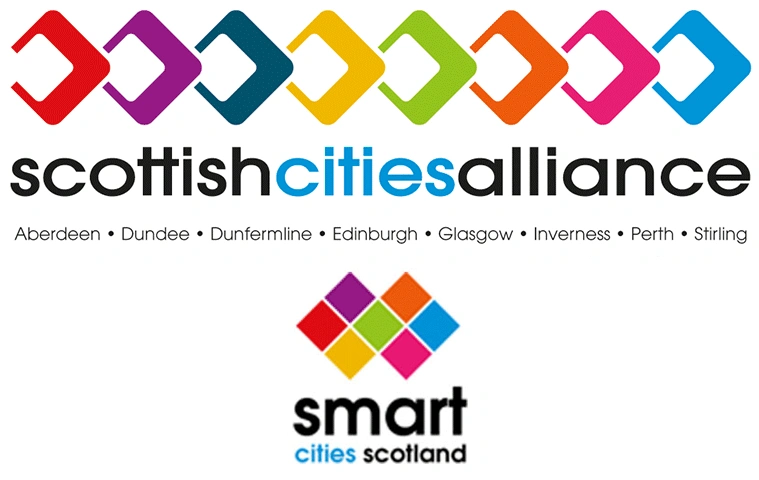Zero waste scotland: encouraging a circular and sustainable way of doing business.
July 25, 2019
Looking beyond the current take-make-waste extractive industrial model, a circular economy aims to redefine growth, focusing on positive society-wide benefits. It entails gradually decoupling economic activity from the consumption of finite resources and designing waste out of the system.
It’s an all-encompassing approach to life and business where everything has value and nothing is wasted.
The ultimate goal is to keep products and materials circulating in a high-value state of use for as long as possible and maximise resources. This is achieved by designing products smartly, re-using and repairing to extend their useful life, and remanufacturing to create new products from old.
Funded by the Scottish Government and the European Regional Development Fund, Zero Waste Scotland helps to accelerate resource efficiency work with SMEs in Scotland. Working in partnership with Chambers of Commerce in four areas, it takes a cities and regions approach to accelerate the transition towards a circular economy. This not only encourages innovation but also can help create jobs. The regions covered by Zero Waste Scotland are: Edinburgh, North East Scotland, Tayside and Glasgow.
Each of these city region projects work to raise awareness of circular economy, engage with businesses and other city stakeholders, support the development of collaborative projects, and ultimately support more circular economy activity taking place on the ground.
Recently teaming up with Scottish EDGE – a national competition in which innovative, high-growth potential businesses have the chance to win up to £150,000 funding and business support – Zero Waste Scotland supports the newly introduced Circular Economy EDGE Award. This category aims to encourage and back entrepreneurs who are exploring circular ways of doing business.
Earlier this month, the award was won by Hamish Menzies of Rocio, a Glasgow-based designer fashion brand which manufactures and sells premium wooden handbags worldwide using 100% sustainable wood and fair-trade manufacturing methods. Rocio has gained traction from celebrity influencers such as Kate Upton and Amelia Warner.

Bringing style and sustainability together, the modern brand introduces a refreshing narrative to the fashion world:
“Our creative direction and brand philosophy is to design in a high art style and create using sustainable woods & materials. Encouraging circular fashion by the collection & cherishing of our designs for the long term.” – Rocio, 2019

Rocio is just one of many examples of businesses throughout Scotland that are working to create a more sustainable, circular economy. In total, Zero Waste Scotland currently supports around 130 businesses within this area of work. Other projects include Garage2Green– the world’s first dedicated golf club take-back and reuse service – and Ogilvy Spirits, a family-run farm which uses vodka distilling to turn low grade potatoes into a high value exportable product.
Whilst Scotland’s transition into a circular economy is a gradual process, the benefits that it will bring to businesses, communities and climate change in the long run are considerable. To achieve the nation’s goal of becoming a greener, more sustainable and economically friendly economy, we must change the way we do business. As Zero Waste Scotland explains:
Collaboration is key, with change coming through transformation, rather than transaction
Continuing to build relationships between the public, private and academic sectors is vital. Zero Waste Scotland is already enabling many local businesses to implement a circular framework into their everyday lives, with more exciting projects in the pipeline. Scotland is a great example of the way in which innovation, creativity and sustainability can be brought together to make a long-lasting difference.
